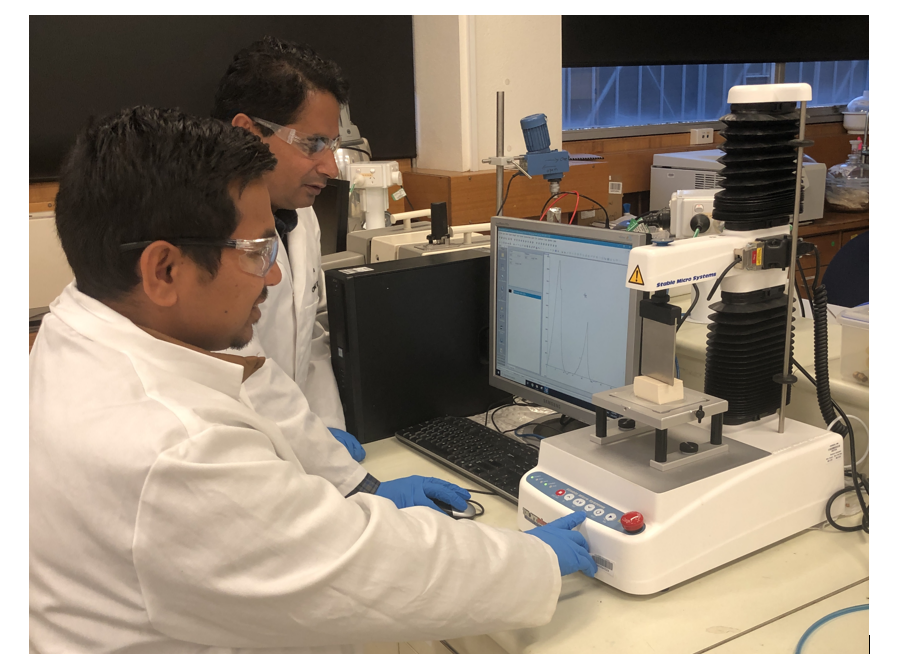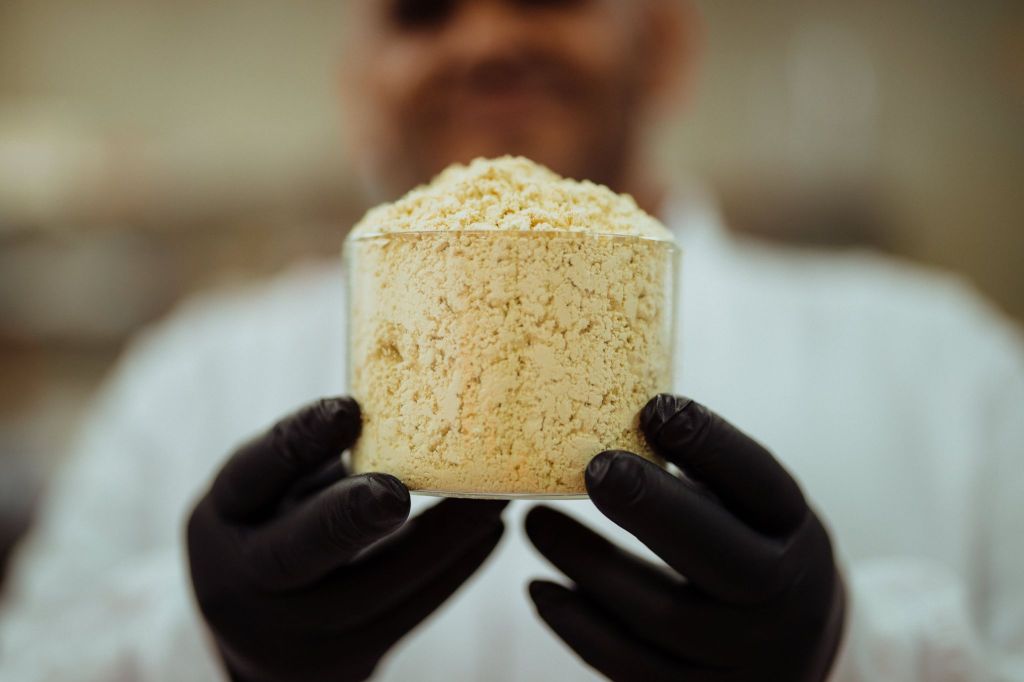A research group at Monash University has found that underutilized legumes may provide an alternative to ingredients such as soy and peas in plant-based meat analogues.
The group, led by Associate Professor Dr. Sushil Dhital, is exploring the potential of using legumes like mung beans, lentils, and lupins to craft plant-based meats and dairy analogues.
According to Dhital, a major challenge in developing plant-based meats lies in achieving the desired texture, which is typically done using ingredients like soy, wheat, and pea proteins, which have been linked to excessive deforestation due to mass farming.

Dhital said the team’s findings revealed that mungbeans in particular offer a better texture and texturization compared to other proteins.
He added that mungbean proteins also stand out as they do not form “chunks” at temperatures exceeding 100 degrees, making them well suited to high-temperature processing of plant protein-based liquid drinks.
“Nature provides various plant proteins with naturally diverse functional properties. Selecting the right type and variety is crucial for developing the desired functional properties of plant-based alternatives,” Dhital told Future Alternative. “Consumers demand reliability and higher product quality, and we are committed to supporting the industry in achieving these standards.”

Recent research has also identified lupins as a high-protein plant with great potential. Lupin varieties also offer uniques properties.
Dhital explained that among white lupin (Albus) and narrow-leafed lupin (Angustifolius) — the main types of Lupin grown in Australia — the latter yields a harder textured gel compared to the Albus variety.
“Not only the amount of proteins but also the types of proteins equally play a role in product properties,” Dhital added.

It is worth noting that regenerative food and farming company Wide Open Agriculture (WOA) recently acquired a Germany-based lupin producer for $4.2 million, making the Australian company the world’s largest producer of lupin protein.
To stay up-to-date on the latest industry headlines, sign up to Future Alternative’s enewsletter.
Posted on:


